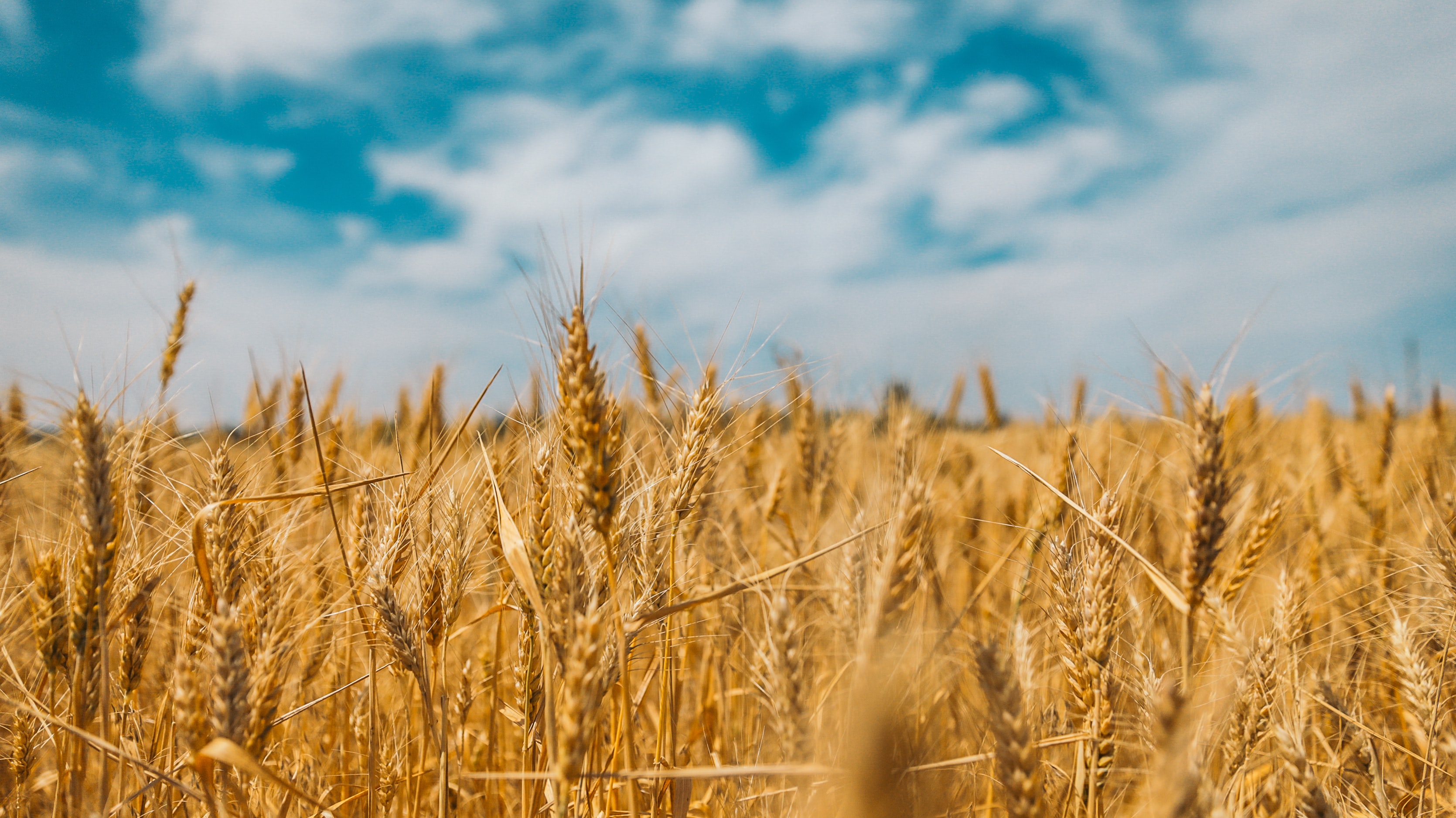Thanksgiving from the Footnotes


Let me begin with my text, and then I want to tell you a story.
My text comes from the last line of the Lord’s Prayer, which means everyone should know it by heart:
“For yours is the kingdom,
and the power and the glory forever. Amen”
Here’s the story.
Some years ago, I did a live TV interview with Jerry Rose on the Total Living Network. I have forgotten what we were discussing or how it came up, but during the interview Jerry mentioned that when he was starting in Christian ministry, he talked one day with an older gentleman who had accomplished great things for the Lord.
When Jerry asked him for advice, the man said he had learned to pray a certain prayer every day.
He found that this prayer centered his soul and kept him on course spiritually. He said he had prayed this prayer over and over again.
When Jerry told that story, I wondered what prayer could have been so powerful.
It’s a prayer many of us have recited time and again.
It’s my text for today:
“Yours is the kingdom
and the power and the glory forever. Amen” (Matthew 6:13).
I want us to think together about that verse and why it is so powerful. But before we do that, I need to say something about my title: “Thanksgiving from the Footnotes.”
When you look up Matthew 6:13 in your Bible, you immediately face a problem. Or a challenge. Or a puzzling question.
This benediction is not in the text of many Bibles.
It is found in the KJV and the NKJV.
If you use the NIV, it’s not there.
If you use the NASB, it’s not there.
If you use the RSV, it’s not there.
And yet we all know these words are part of the Lord’s Prayer.
We know it because these words are always included when we sing the Lord's Prayer.
What’s going on?
If these words are part of the Lord’s Prayer, why aren’t they in the Bible? If these words aren’t part of the Lord’s Prayer, who made them part of the musical text?
But if you look closer, you’ll find those words in your Bible, even in those modern translations.
They are in the footnotes.
That raises the question, Did Jesus say these words?
Before I answer that question, let me point out that you can find the Lord’s Prayer in two places in the gospels: Matthew 6 and Luke 11.
The benediction is found only in Matthew 6.
That leads to a simple conclusion:
Jesus repeated this prayer on different occasions. Sometimes he included the benediction, and sometimes he didn’t.
That’s what I mean by Thanksgiving from the Footnotes.
Everyone agrees the words are both true and biblical.
They form a fitting end to the Lord’s Prayer.
What, then, does this benediction teach us?
To answer that question, let’s take each part of it individually.
You can read the rest of the sermon online.
Did you know you can have the Good Words for Today delivered to your inbox each day? It's free! Click on the link to sign up.
Originally published November 22, 2022.





